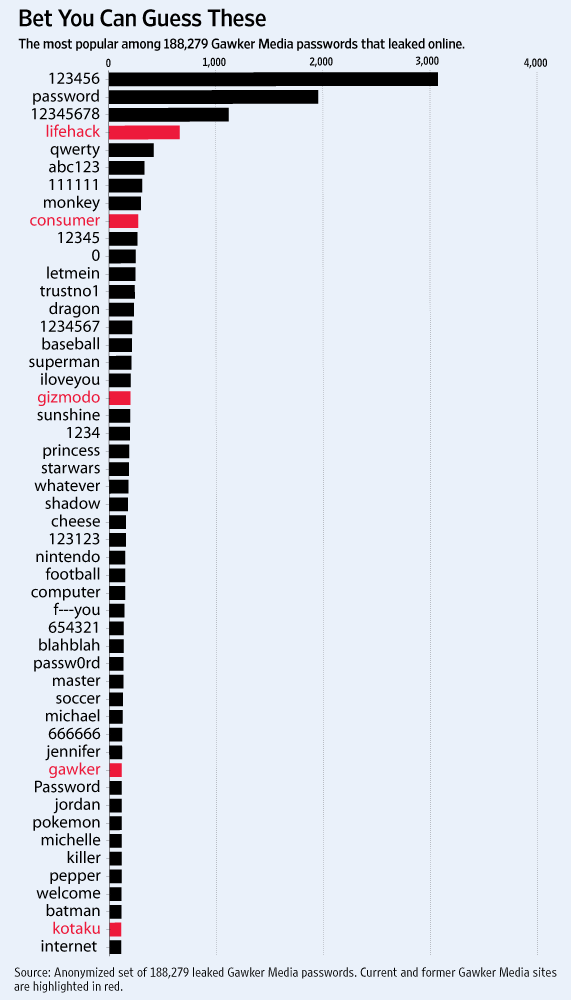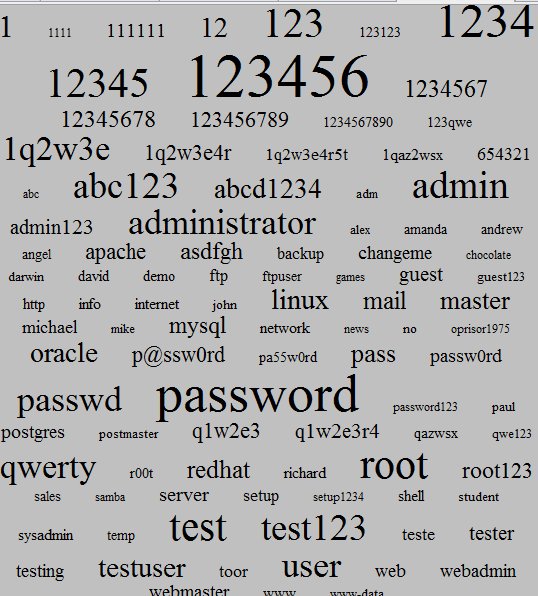Rebecca MacKinnon in the National Post on the ways and means of ensuring “harmony” in China’s corner of the internet:
In fall 2009, I sat in a large auditorium festooned with red banners and watched as Robin Li, CEO of Baidu, China’s dominant search engine, paraded onstage with executives from 19 other companies to receive the “China Internet Self-Discipline Award.” Officials from the quasi-governmental Internet Society of China praised them for fostering “harmonious and healthy Internet development.” In the Chinese regulatory context, “healthy” is a euphemism for “porn-free” and “crime-free.” “Harmonious” implies prevention of activity that would provoke social or political disharmony.
China’s censorship system is complex and multilayered. The outer layer is generally known as the “great firewall” of China, through which hundreds of thousands of websites are blocked from view on the Chinese Internet. What this system means in practice is that when one goes online from an ordinary commercial Internet connection inside China and tries to visit a website such as hrw.org, the website belonging to Human Rights Watch, the web browser shows an error message saying, “This page cannot be found.” This blocking is easily accomplished because the global Internet connects to the Chinese Internet through only eight “gateways,” which are easily “filtered.” At each gateway, as well as among all the different Internet service providers within China, Internet routers — the devices that move the data back and forth between different computer networks — are all configured to block long lists of website addresses and politically sensitive keywords.
These blocks can be circumvented by people who know how to use anti-censorship software tools. It is impossible to conduct accurate usage surveys, but it is believed likely that hundreds of thousands of Chinese Internet users deploy these tools to access Twitter and Facebook every day. Yet researchers estimate that out of China’s 500 million Internet users, only about 1% or so (a number somewhere in the single-digit millions — still a large number of people but not enough percentage-wise to shape majority public opinion) use these tools to get around censorship, either because most do not know how or because they lack sufficient interest in, or awareness of, what exists on the other side of the “great firewall.”





